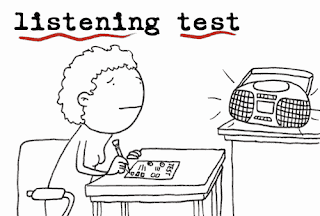UNIT 0: START AND REVIEW
1.VOCABULARY
SCHOOL ITEMS
Diary, marker, pen, pencil, pencil case, pencil sharpener, rubber,
ruler, schoolbag, notebook, glue, dictionary, crayons, scissors, markers,
paper.
SUBJECTS
Maths, Geography and History, Science, Arts and Crafts, Music, Language
and Physical Education (PE)
COLORS
Black, blue, brown, green, grey, orange, pink, purple, red, white,
yellow
FAMILY
Brother, sister, dad, father, grandparents, mother, mum, parents, sister
NUMBERS
One, two, three, four, five, six, seven, eight, nine, ten, eleven,
twelve, thirteen, fourteen, fifteen, sixteen, seventeen, eighteen, nineteen,
twenty, thirty, forty, fifty, sixty, seventy, eighty, ninety, one hundred.
ORDINAL NUMBERS
First, second, third, fourth, fifth, sixth, seventh, eighth, ninth,
tenth
DAYS
Monday, Tuesday, Wednesday, Thursday, Friday, Saturday, Sunday
MONTHS
January, February, March, April, May, June, July, August, September,
October, November, December.
3.SPEAKING
- What's your name? My name is....
- What's your favourite subject? My favourite subject is.......
- What is this? This is a .... (pencil, notebook...)
- Do you like maths? Yes, I do / No, I don't
- Do you play football? Yes, I do / No, I don't
4.
CLASSROOM RULES
https://youtu.be/ddvTFgzkS5M
5.- PRACTICE
www.eslgamesplus.com
This is a great game for practice of school related vocabulary like school subjects, school sctivities, school supplies, school tools and more. It is a wheel game and is excellent for classroom teaching.
It is especially useful for teaching ESL Young Learners and Beginners.
Have fun teaching and learning English!
6.- LISTENING TEST
You can click on the image to do the listening online test.










